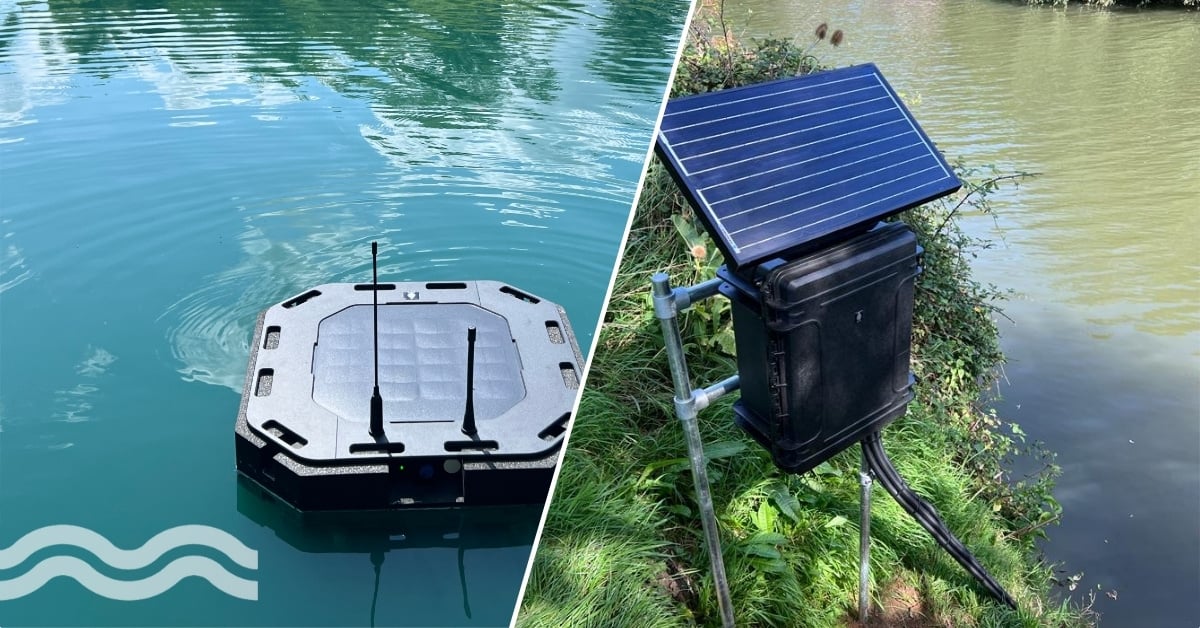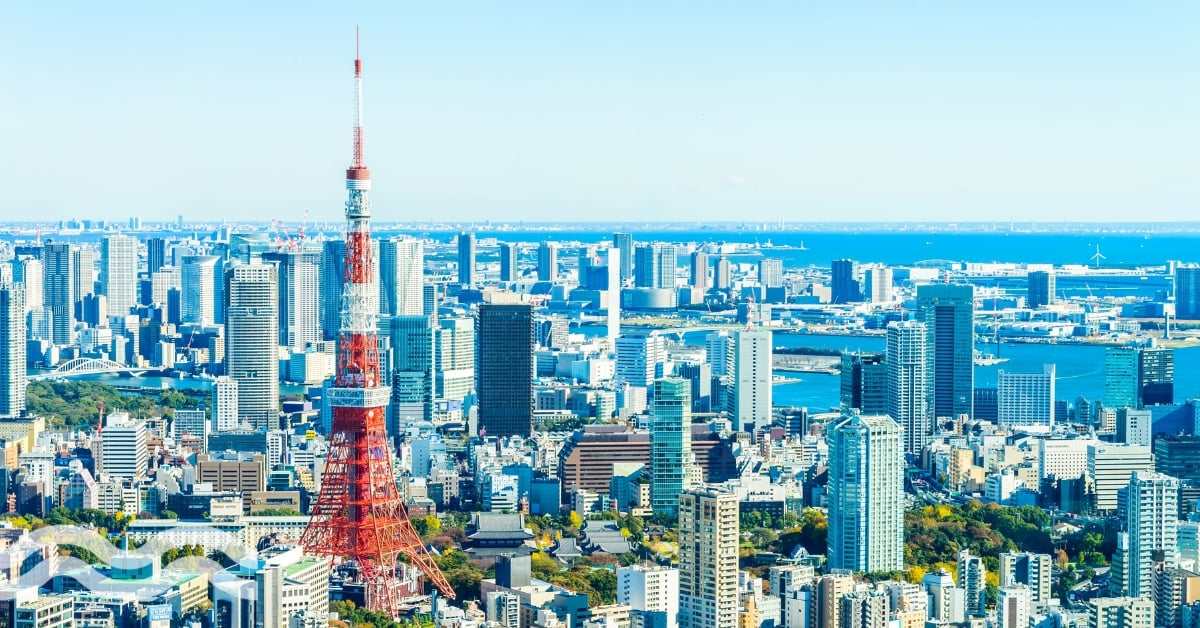SDG6 mid-term report reveals some targets relapsing
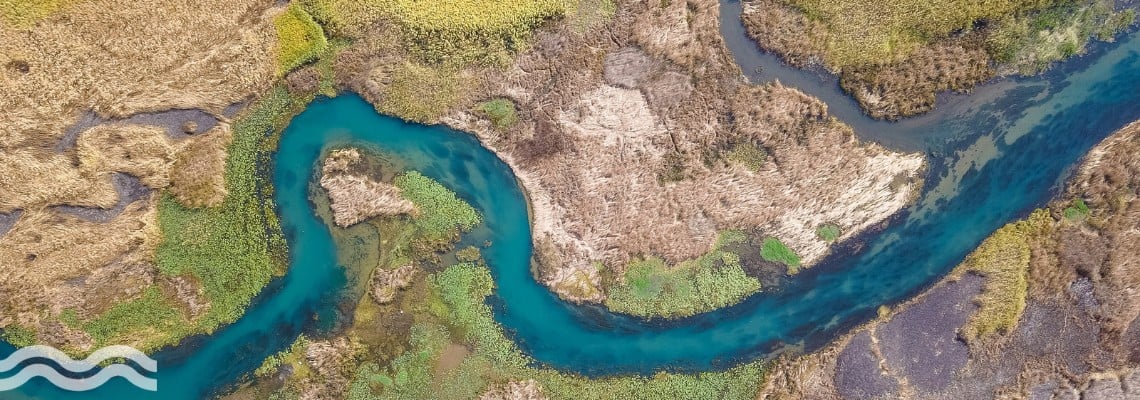
The UN's report on three key indicators for its Water and Sanitation targets shows that progress is not being made fast enough to meet internationally agreed 2030 targets and is in some cases relapsing.
The world must do better on water targets
The reports were issued by the executive director of the UN's Environment Programme (UNEP), which is responsible for three of the six SDG Water and Sanitation goals, and cover:
- SDG 6.3.2 – Progress on Ambient Water Quality with a special focus on Health
- SDG 6.5.1 – Progress on the Implementation of Integrated Water Resources Management with special focus on Climate Change
- SDG 6.6.1 – Progress on Water-related Ecosystems with a special focus on Biodiversity.
Introducing the report, Inger Andersen, under-secretary general of the United Nations, and executive director of the Environment Programme, stated:
"The triple planetary crisis – the crisis of climate change, nature and biodiversity loss and pollution and waste – is affecting the availability, distribution, quality and quantity of water."
Sustainable Development Goal (SDG) 6 on water and sanitation for all is alarmingly off-track. About two billion people lack access to safe drinking water, while roughly half of the world’s population experiences severe water scarcity for at least part of the year.”
Andersen makes clear that 'the human rights to water and sanitation and to a clean and healthy environment' are not being delivered as planned.
Some progress is being made
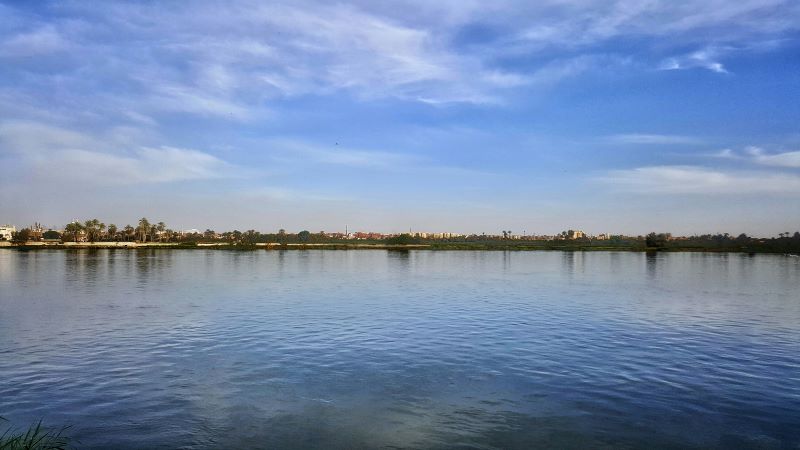
Despite the alarming headline, some counties are taking positive steps. According to Andersen, countries and partners have secured over 800 commitments on water since the 2023 UN Water Conference. Member States have also passed the UNEA 6 Resolution on Water, which aims to accelerate the achievement of SDG 6, while 45 countries, and the European Union, have joined the Freshwater Challenge, which backs the restoration of 300,000 km of degraded rivers and 350 million hectares of degraded wetlands by 2030.
About two billion people lack access to safe drinking water
However, she added a note of caution: "We must do more."
Water-related ecosystems face human-led degradation
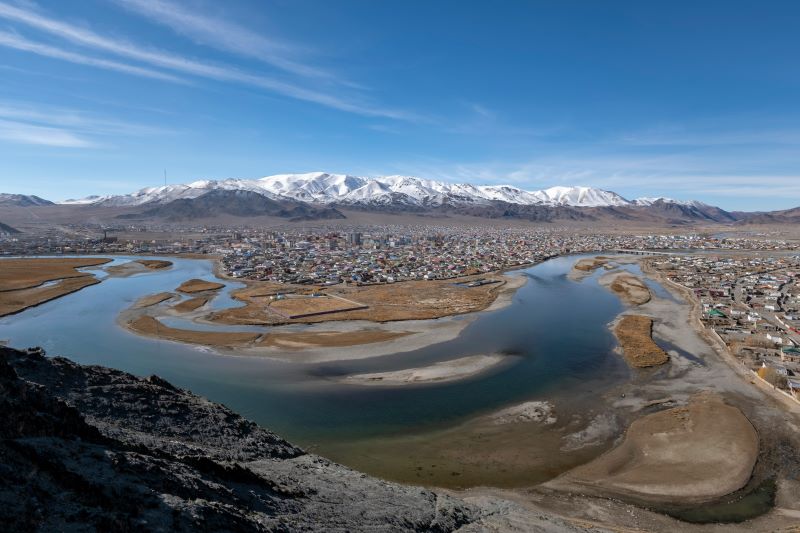
UNEP's analysis of water-related ecosystem data paints a bleak picture:
- Half of countries have one or more freshwater ecosystem type in degradation
- River flow significantly decreased in 402 river basins - a fivefold increase from 15 years ago
- Surface water bodies are shrinking or being lost in 364 basins
- Droughts, floods, and water scarcity are impacting more people
- There is ineffective revenue-raising to turn water laws, policies and plans on integrated water resources management into practice in 60 per cent of reporting countries.
Progress on implementation of integrated water resources management
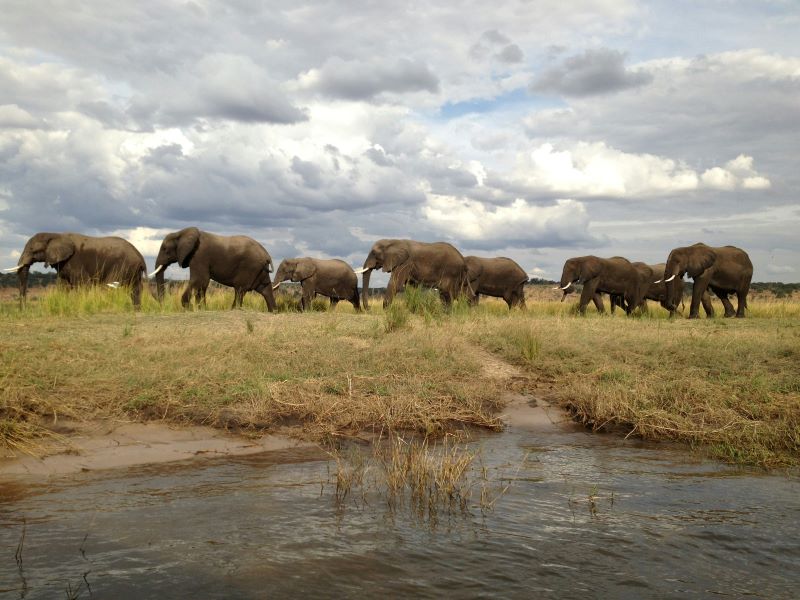 The progress report on the implementation of SDG 6.5.1, Integrated Water Resources Management was broken down into key messages and actions that needed to be taken.
The progress report on the implementation of SDG 6.5.1, Integrated Water Resources Management was broken down into key messages and actions that needed to be taken.
Roughly half of the world's population experiences severe water scarcity for at least part of the year.
Progress on ambient water quality with a special focus on health
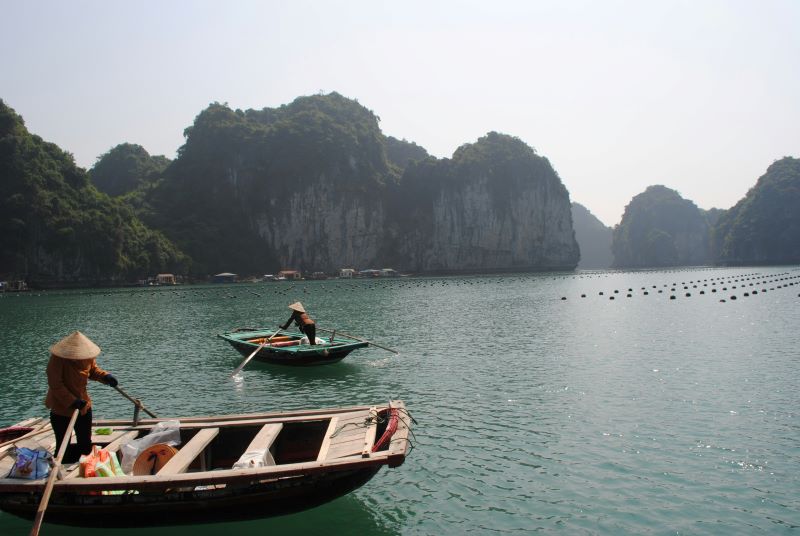
SDG 6.3.2 is an indicator of ambient water quality compared to national or subnational standards, based on five different quality parameters. The UNEP mid-term report provides key messages on water quality monitoring and assessment.
Monitoring alone will not solve the water quality crisis, but it is an essential prerequisite for informed decision-making
Out of darkness, comes the light
While the mid-term reports do not make necessarily enjoyable reading, they do highlight what needs to be done to address the challenges faced in implementing the sustainable development goals for ambient water quality, integrated water resource management, and water-related ecosystems. From financial and technological investment to increased monitoring, from improved data management and sharing to political will and resources, the mid-term reports show a way forward.

